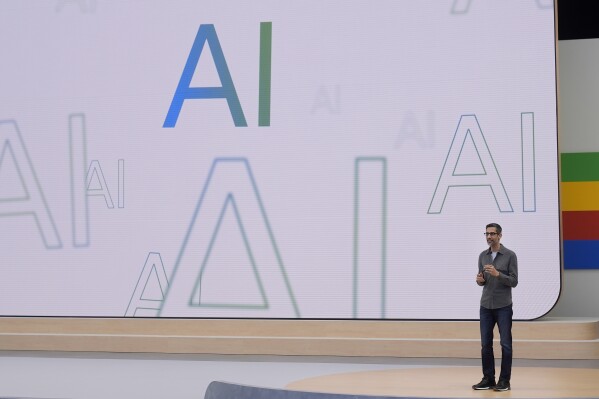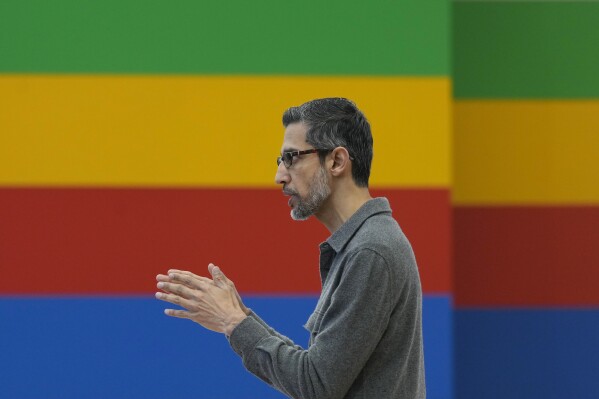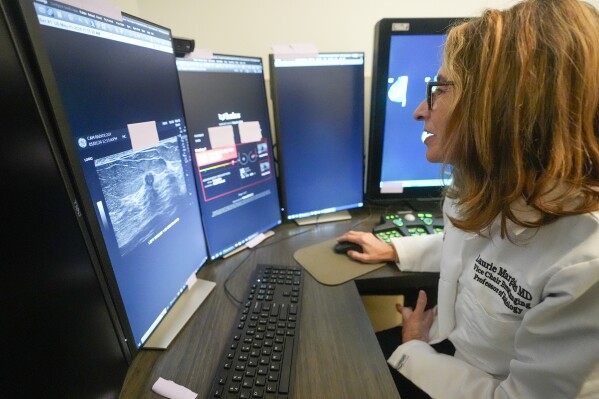US cites ‘misuse’ of AI by China and others in closed-door bilateral talks
WASHINGTON (AP) — High-level U.S. government envoys raised concerns over “the misuse of AI” by China and others in closed-door talks with Chinese officials in Geneva, the White House said Wednesday.
China and the United States “exchanged perspectives on their respective approaches to AI safety and risk management” in the “candid and constructive” discussions a day earlier, National Security Council spokesperson Adrienne Watson wrote in a statement.
The first such U.S.-China talks on AI were the product of a November meeting between Presidents Joe Biden and Xi Jinping in San Francisco. The talks testified to concerns and hopes about the promising but potentially perilous new technology.
“The United States underscored the importance of ensuring AI systems are safe, secure and trustworthy in order to realize these benefits of AI — and of continuing to build global consensus on that basis,” Watson said. Referring to the People’s Republic of China, she added: “The United States also raised concerns over the misuse of AI, including by the PRC.”
She didn’t elaborate on the type of misuse or other actors behind it.



China has built one of the world’s most intrusive digital surveillance systems, which have an AI component, deploying cameras in city streets and tracking citizens through chat apps and mobile phones.
Watson said the U.S. wants to keep communication open with China on AI risk and safety “as an important part of responsibly managing competition,” an allusion to the multifaceted and growing rivalry between the world’s top two economic powers.
AI is already having a vast effect on lifestyles, jobs, national defense, culture, politics and much more — and its role is set to grow.
The Geneva talks did not come up during a daily press briefing at China’s Foreign Ministry in Beijing earlier Wednesday.
China warned as far back as 2018 of the need to regulate AI but has nonetheless funded a vast expansion in the field as part of efforts to seize the high ground on cutting-edge technologies.
Some U.S. lawmakers have voiced concerns that China could back the use of AI-generated deepfakes to spread political disinformation, though China, unlike the U.S., has imposed a set of new laws banning manipulative AI fakery.
—
Matt O’Brien in Rhode Island contributed to this report.
Disclaimer: The copyright of this article belongs to the original author. Reposting this article is solely for the purpose of information dissemination and does not constitute any investment advice. If there is any infringement, please contact us immediately. We will make corrections or deletions as necessary. Thank you.



